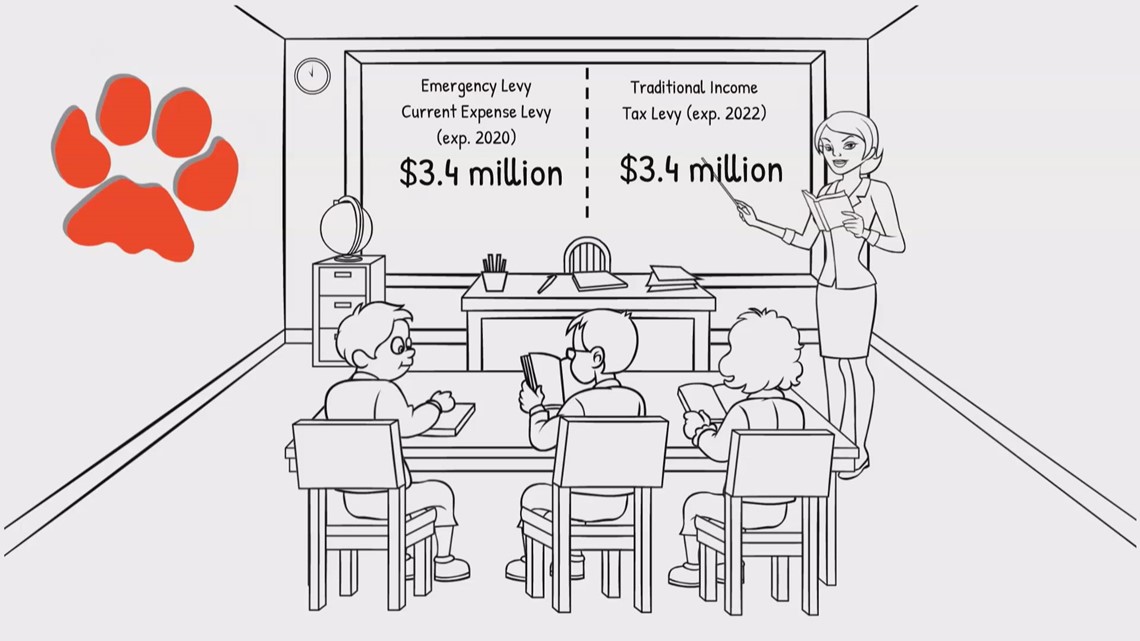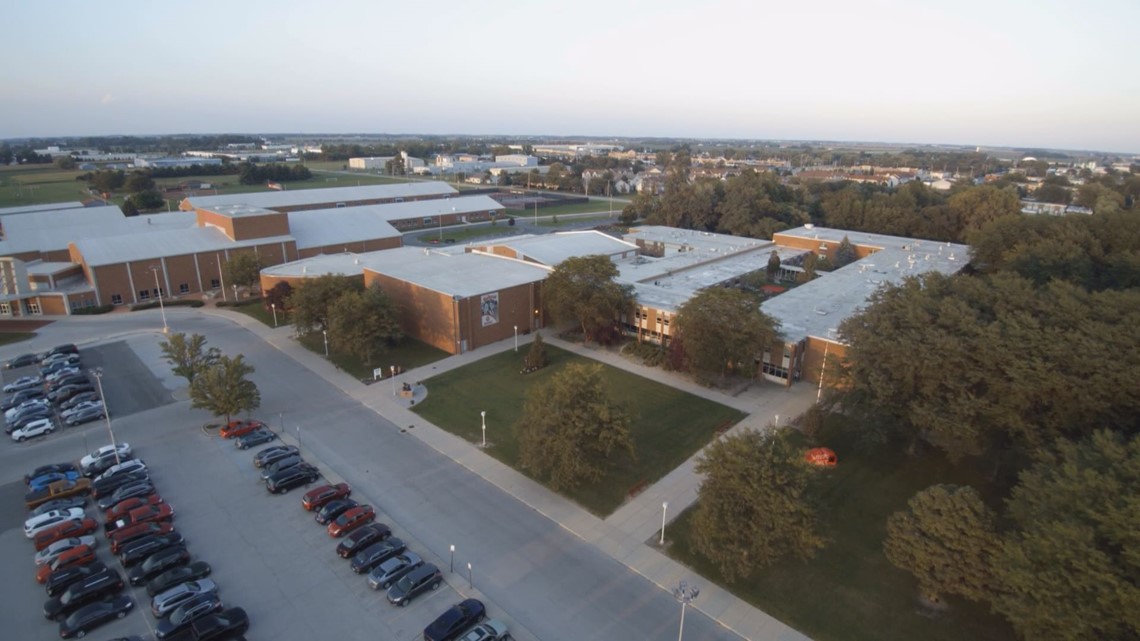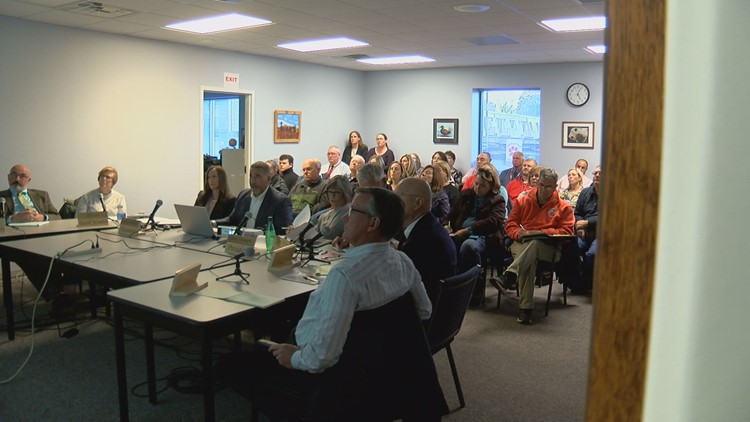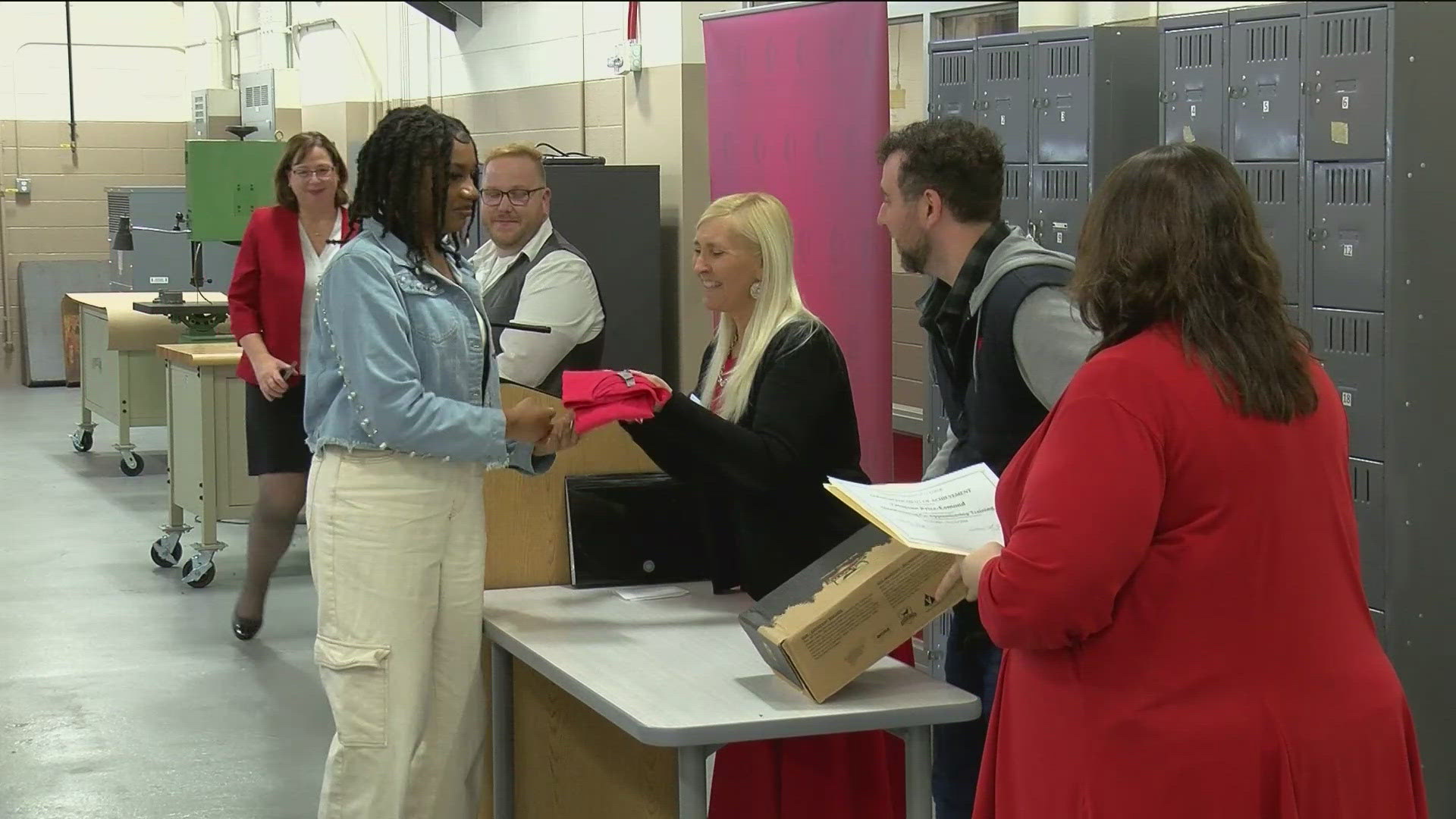BOWLING GREEN, Ohio — The Bowling Green school board has its eyes set on the future.
A failed levy last week to build a new elementary school still has some district leaders frustrated, but now it's on to 2020 to make sure the cash keeps flowing.
On Tuesday, board members took the first step toward a renewed operating levy proposal.
"The district is constantly on the ballot simply to renew an existing tax, which doesn't help the district beyond what its current expense are," said David Conley, a financial adviser serving Bowling Green City Schools.
Two levies are set to expire next year: an emergency levy and a current expense levy. Combined, it adds up to $3.4 million -- half of the district's yearly operating budget.
The other half is on the traditional income tax levy, which is set to expire in 2022. But school leaders want to get the first two on the ballot this coming March.


"The first is to technically renew the existing emergency levy for a continuing period of time, but it would change form and become what's called a substitute," Conley said. "The second was to renew the existing current expense levy for a continuing period of time as well."
There was also an option presented Tuesday to essentially combine all three levies. The $6.8 million price tag would stay the same but it would consolidate the funding.
"Little dangerous, I would say, in doing something like that since you're putting all of your eggs in one basket," BGCS board vice president Bill Clifford said.
If voters pass what the board moved forward on, costs likely won't change much for current BG residents.


In fact, Conley said it would actually free up some cash for the district to use in educating its students.
"They currently have about $6.8 million of extra reserve," he said. "If they can take the levy from a five-year levy to a continuing (levy), they'd be able to actually use that money."
The district would be able to access that reserve fund if these levies pass because the board could definitively count on cash flow. With the five-year levies, leaders said it's simply too risky to plan on funding that voters may or may not hand over.



